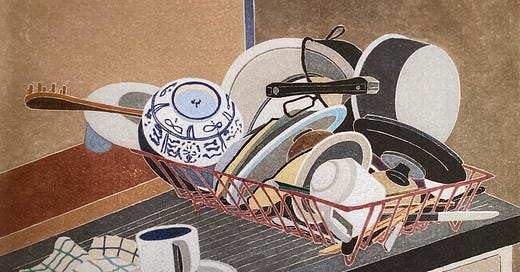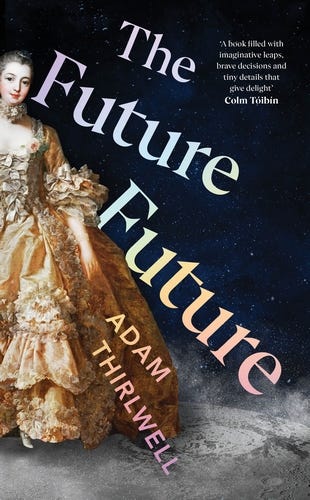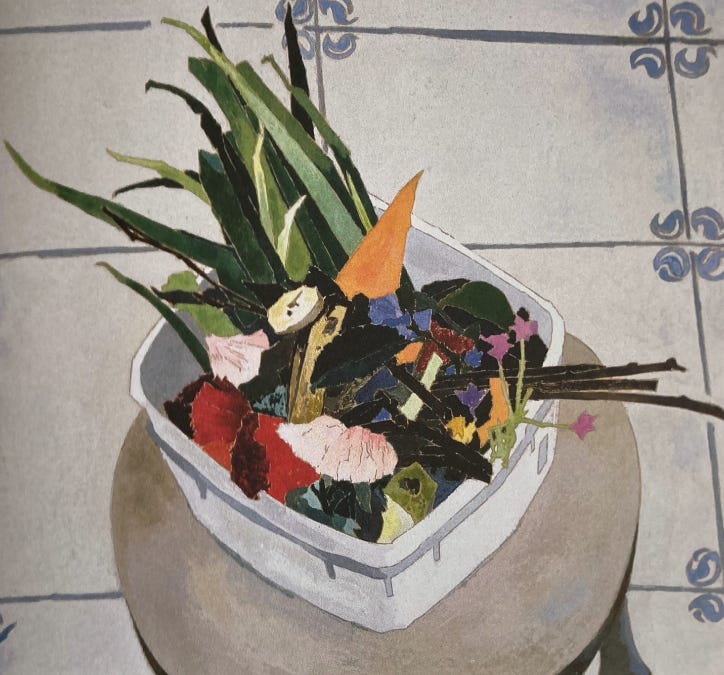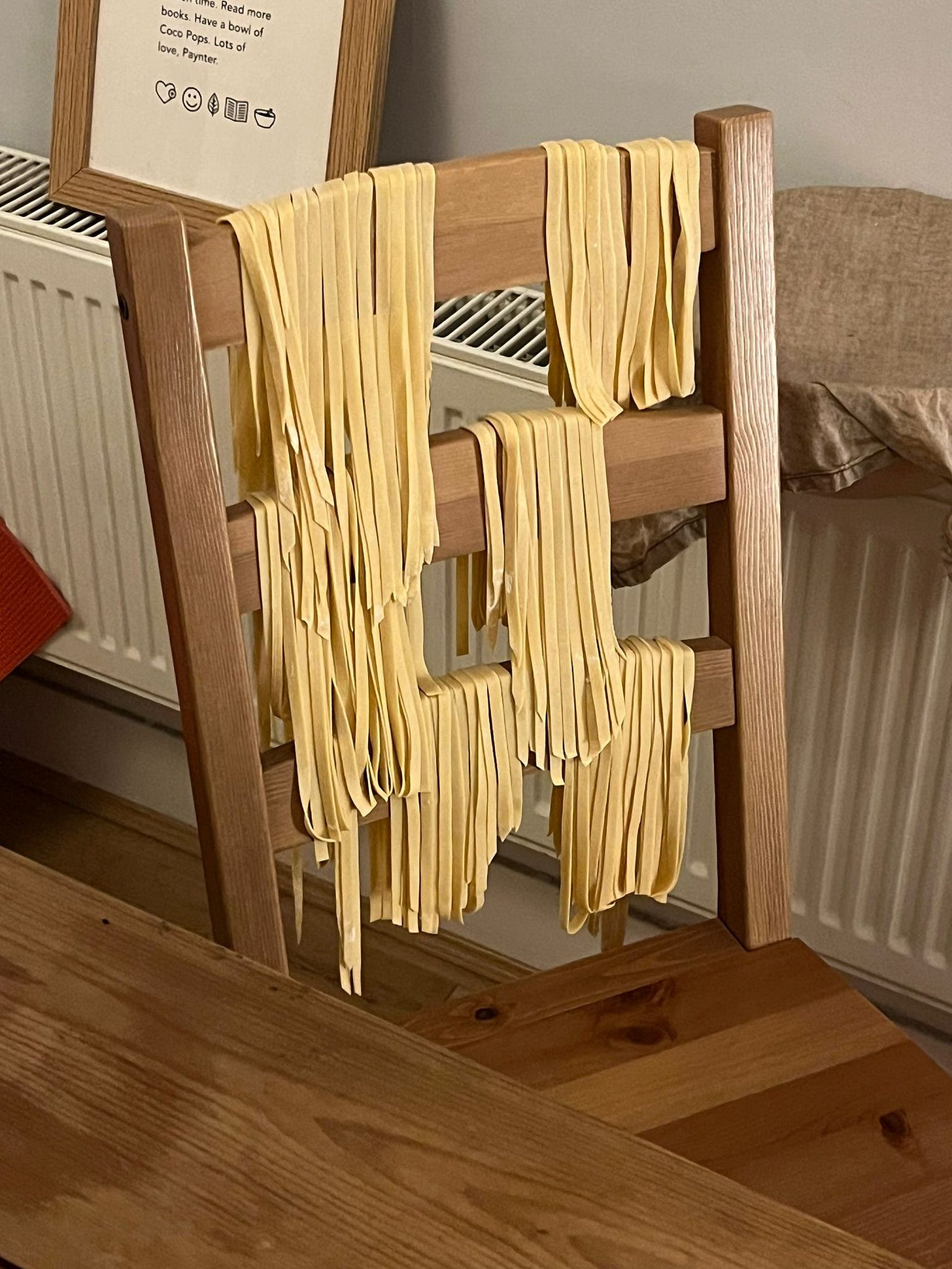A couple of weeks ago, I went to a talk at the London Library called Utopia and the City with my friend Margaux. It was a panel discussion between two authors, Niall Kishtainy and Adam Thirlwell, who have recently released books on utopian thinking in London and Paris respectively. (Honourable mention to the moderator, Emilie Biggs from the American Library in Paris who made such thoughtful connections and observations and asked the cleverest questions).
Apart from belonging to a similar thematic neighbourhood, the books themselves are very different — Niall’s, The Infinite City: Utopian Dreams on the Streets of London, is a work of historical non-fiction, mapping the ideas and, as the title suggests, dreams of various Utopian thinkers from the 16th century onwards. While Adam’s, The Future Future, is a novel whose French revolutionary protagonist is having her name dragged through the mud in 1775 Paris. Safe to say, I bought both.
Towards the end of their discussion — on Utopia as a concept, how hard it is to grasp, how impossible it is to implement, and how essential it is for imagining new ways of living — both authors agreed that a Utopia, given its imaginary nature, can only really be utopian for one or two people at a time. Nothing can ever be perfect for everyone, and someone will always be winning while others struggle to keep their heads above the murky waters of their lives.
This made me think that while we should never shy away from big ideas or resign ourselves to the status quo, in the absence of large-scale utopias, we may as well create ones on the human scale instead — cultivate and make the most of the moments of joy that occur in our daily lives. Make art of life, basically.
I thought about this a lot in the days after the talk, and the key I found “to make living itself an art,” as Henry Miller said, is to find pleasure in even the most mundane things. Flicking through the catalog from Cressida Campbell’s exhibition at the NGA last year made me see that my compost bin and rack of clean dishes both held a certain charm. This photo Ebba took last Wednesday of a dining chair covered in Andy’s fresh pasta deserves a spot in an art gallery for all the delight it promises. And my quiet early mornings, sleepily sipping my tea and doing my morning pages really do contain a kind of life-affirming magic.
Maybe it’s easier to spot these moments in spring when the sun shines so artfully on the fresh leaves of the trees or the perfectly runny yolk of your morning egg, but they are there all year round if you care to see them. On the rainiest day in the past few weeks, I took a trip down to Margate with Veronique, Grace, and Emma that was rife with them. I told them about the talk on the train ride down, and we spent the rest of the day identifying micro-utopian moments, from our constant cackling to sampling every hand cream in every shop, eating oysters with a bottle of Crémant at sunset, and then every other kind of seafood at dinner.
In the opening pages of The Infinite City, Kishtainy says that “utopian dreams are not only of elegant houses and gleaming streets but of a transfigured human spirit” — transfigured meaning, not just changed as I thought it did, but transformed into something more beautiful or elevated. From which I understand that a utopia is not just about your physical and material surroundings, the things you own or wish to own, but something more encompassing. An internal contentment, a satisfaction in the small, all of which add up to form the fabric of a life well-lived.
As I write this, I am crammed like a sardine on an EasyJet flight to Paris. The next few days promise utopias big and small — I will tell you about them in the next one.
Annabel













Tonight I saw a lovely photo of my Nana looking very smart at a cocktail party. My real memories of her were in her kitchen. Her morning specialty was brains and bacon but the icon at the centre was the egg. Fresh, bright and golden with a deep flavour you rarely find nowadays. I love that my daughter loves and respects good healthy sustainable food just like her great grandmother. Their joint simple is a golden egg.